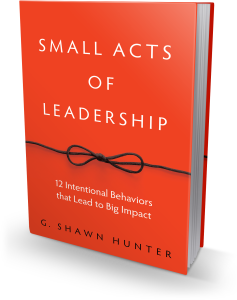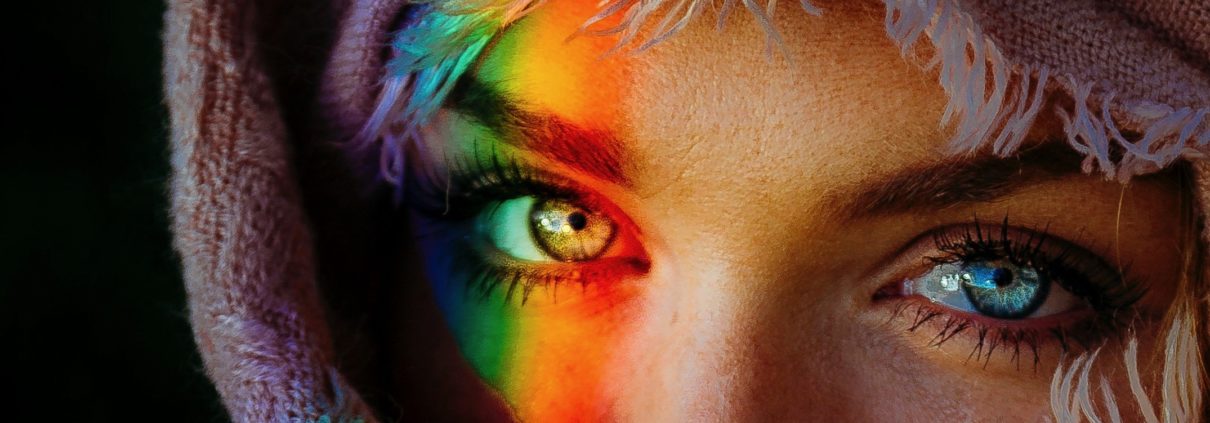The High Cost of Hiding Yourself
Recently I was asked to be a guest speaker at an event designed for executives of a big technology company. I wore a black suit. The very next day I spoke at a marketing group event of a Silicon Valley gaming company. Unsure of what to wear I asked, and they said, “jeans and chucks.” And then, like an idiot I asked, “What are chucks?”
This is a pretty benign example of what the The Deloitte Leadership Center for Inclusion calls “appearance covering.” We do it all the time when we accept a dinner invitation or go to the beach. We try to wear the right thing to fit in, not stand out, or maybe just not stand out too much. We practice this kind of social covering so much so that in their study 82% of workers stated that covering for appearance was “somewhat” to “extremely” important for professional advancement.
Dressing to fit in can make us often feel even more committed to the team and the mission. But we also often “cover” other aspects of our authentic identities. We hide not only our political opinions, but also truths that deeply define us, such as our cultural histories, sexual orientations, socio-economic backgrounds, or even our age and any disabilities we might have. Comments from those who participated in the study include:
- Covering family obligations: “I was coached to not mention family commitments (including daycare pickup, for which I leave half an hour early, but check in remotely at night) in conversations with executive management, because the individual frowns on flexible work arrangements.”
- Covering socio-economic background: “I didn’t always volunteer the information that I grew up very poor and that I was the first to go to college. It seemed like I wouldn’t be accepted because I always assumed everyone I worked with grew up middle or upper class.”
- Covering ethnicity:“I don’t want people to define me as an Asian, so I’ve been hesitant to participate in activities geared toward the Asian community.”
- Covering physical health: “I don’t associate with cancer groups, because I don’t want to draw attention to my medical status, disability, or flexible arrangements. People tend to look at me like I’m dying when they find out I have cancer…”
However, as their study uncovered (pun intended), when we feel like we can be more authentically ourselves, we care more about our work, and hold stronger commitment to our company. When we feel that we cannot express ourselves authentically in identity, we feel inhibited in our ability to give our commitment fully to our work efforts.
As one respondent put it, “I understand that my opportunities to advance at my current company are restricted by the fact that I do not fit the ‘mold’ of their executive leadership. If I had the opportunity to do the kind of work I do at another firm with similar compensation, but could be more authentic without limiting my job security or chances for advancement, I’d switch in a heartbeat.”
Remember that partitioning our lives and identities is a trap. When we segment and partition our lives into work life, home life, sporting life, community-service life, etc., we deny a truth that often our greatest strength comes from integrating all the different and diverse network interactions, and ideas into a unified and integrated whole. After all, the etymology of Integrity is from the Latin integer, meaning wholeness, or the unit of one.
“A single story creates stereotypes, and the problem with stereotypes is not that they are untrue, but that they are incomplete. When we stereotype others, we reduce them. We imprison them in our own small view, a dark and tiny place with no light and no room for growth.”
novelist Chimamanda Adichie
Building cultures of leadership, trust and innovation starts one small act at a time. Try our course Small Acts of Leadership to move the needle a little in your workplace.
- ____________________________________________________




